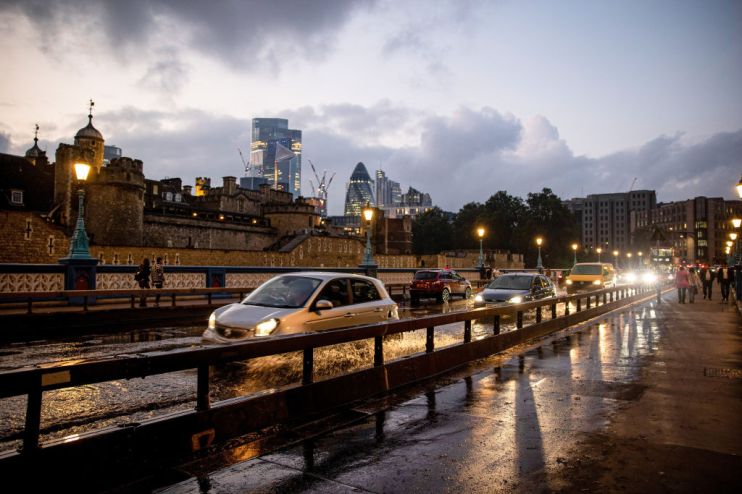Bolt rival Freenow adds more perks for cabbies as industry looks to boost image

Ride hailing app Freenow will launch first-of-its kind perks for black cabbies and taxi drivers using its platform, City A.M. understands, as the industry looks to clean up its image and boost driver numbers.
Black cab and taxi drivers across the country will receive insurance for accidents and sickness, food and fuel discounts and parental leave under Freenow’s new offering.
Freenow, which operates in 150 European cities and whose biggest market is London, claims it is the first of the ride-hailers to offer the new perks, ahead of the likes of Gett and Bolt.
Bolt declined to comment, while Gett – which does offer a rewards scheme – did not respond to a request for comment.
Ride-hailers have been attempting to improve long-strained relations with black cab drivers, who have previously launched legal challenges against operators with widespread press coverage.
Ride-hailing platforms have been seeking to improve offerings for all drivers to bolster their image and drive up recruitment after post-pandemic driver shortages battered the industry.
Freenow recently became the first mobility app in Europe to offer its minicab drivers the choice between becoming a worker or remaining self-employed, with its chief believing it would encourage more drivers to work for them.
But just 24 hours after the announcement the GMB Union, which represents taxi and private hire cab workers, backed out of the deal and described it as unacceptable.
“Having reflected on the views of our members, we have been given no choice but to inform Freenow that the deal is suspended unless they can agree to provide all drivers with worker status. We will always work with any operator willing to provide drivers the rights they are entitled to,” the union said in a written statement.
Mariusz Zabrocki, general manager at Freenow: “We were surprised that GMB suspended our agreement since all private hire drivers operating on Freenow are being offered worker status.”
“We are giving minicab drivers the freedom to choose their employment status instead of forcing them into one. Denying freedom of choice isn’t in the best interest of our drivers.”
The classification of ride-hailing apps’ workers, which decides whether they receive rights including a guaranteed minimum wage, has long been contentious in the sector.
Uber lost a landmark Supreme Court case in 2021, in which it argued its workers were self-employed independent contractors with less rights.
The Supreme Court’s verdict was categorical in stating that drivers should have the legal right to recieve worker benefits and not just the choice.
An Uber spokesperson said: “The move to treat Uber drivers as workers means that over 100,000 of them now receive legal protections such as a pension and holiday pay, which provides a significant boost to their earnings.”